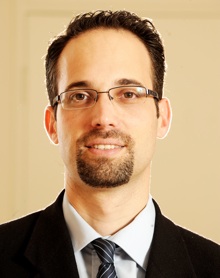
Ebola Airport Checks: “A Net with Very Wide Holes”
Ebola Airport Checks: “A Net with Very Wide Holes”
October 13, 2014
CNBC — After Texas reported its second case of Ebola, experts told CNBC that airport screening was unlikely to prevent another potential victim of the killer disease from entering the United States.
Since then the U.S. government ordered five airports to start screening travelers for Ebola, following the first case on American soil—Thomas Eric Duncan, who died after arriving from Liberia in September. Texas Health Presbyterian Hospital has now announced that a female caregiver who treated Duncan has caught the disease.
By instigating screening at five airports, including New York’s John F. Kennedy International Airport, the Centers for Disease Control and Prevention (CDC) hopes to evaluate over 94 percent of travelers arriving from Guinea, Liberia and Sierra Leone—the countries worst hit by the outbreak.
Visitors will have their temperature taken, be observed for symptoms of Ebola and asked questions to determine their risk of the disease.
“Airport temperature screening is ‘a net with very wide holes’,” says BGU’s Prof. Ran Balicer. “If your perceived aim would be to prevent most cases of imported disease, you are likely to fail.”
Prof. Balicer noted that the gap between sufferers contracting Ebola and developing a fever could be as long as 21 days — meaning that the likelihood of potential patients being detected as they disembark was slim.
“Beyond the logistical difficulties, there is also a serious issue of false alarms, especially in the flu/RSV season (respiratory syncytial virus) when random fever may be not infrequent among travelers.”
China and Hong Kong were at the epicenter of the SARS epidemic and the latter adopted intensive screening to identify potential sufferers. Other countries also adopted screening measures, but the success of these is disputed.
“Past studies (of airport screening) did not demonstrate this measure to be effective in containing transmission of emerging infectious diseases like SARS and pandemic influenza,” says Prof. Balicer.




